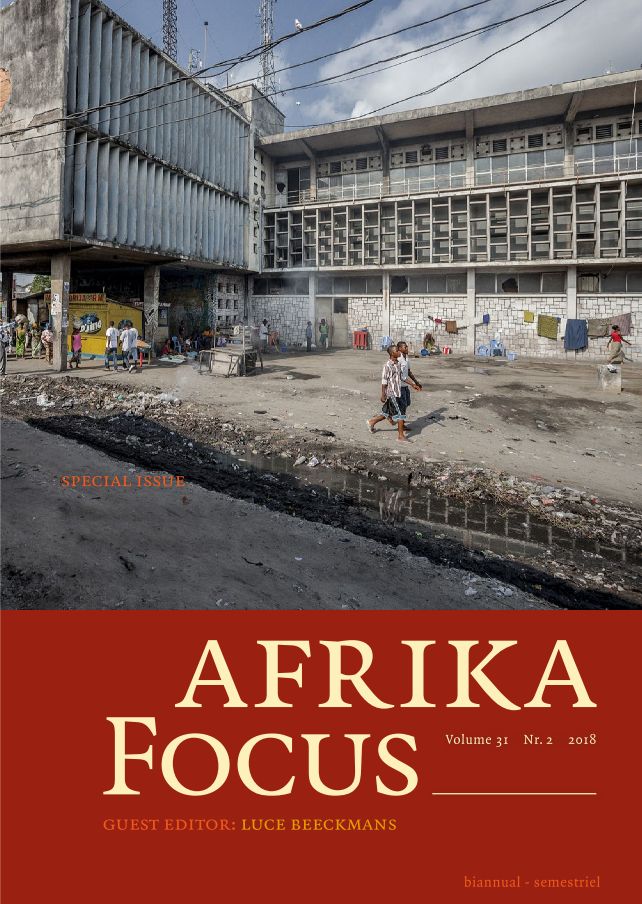New Dilemmas and New Directions in South Africa After Apartheid
DOI:
https://doi.org/10.21825/af.v31i2.9918Abstract
On 3 October 2016, Sachs, who collects honorary doctorates and other titles as if they were panini stickers, visited Ghent University for the third Mandela Lecture organised by the Africa Platform of the Ghent University Association, and moderated by Prof. Eva Brems. This interview was conducted on that occasion. ‘Since the attempt on my life, I see everything as rose-tinted’, laughs the man who sur- vived an attack, abolished the death penalty and was close to the ANC leadership. ‘If I were to become pessimistic about South Africa, people would really get scared, they’d say: Oh, even Albie doesn’t like it anymore ’(laughs). In 1988 Albie Sachs was viciously attacked, losing his right arm and the sight of one eye. He was living in exile in Mozambique at the time, as South Africa suffered under the Apartheid regime. Sachs was one of the prominent freedom fighters, but survived the assassination attempt and eventually became an important member of the ANC, one of the many authors of the Constitution of the new South Africa. He was also invited by Mandela to sit on the Constitutional Court, which abolished the death penalty and forced Parliament to legalise LGBT marriage. In Ghent, the now 81-year-old freedom fighter nuances the pessimistic news coming out of South Africa. ‘A lot is going wrong in South Africa. But what gives me hope is that people can speak their minds. Our democracy works. Our institutions work, and not just the courts and tribunals. Recently we had elections, and they were free and fair. And yes, the ANC lost the elections. But that is in fact the best evidence that our democracy works.’Downloads
Published
How to Cite
Issue
Section
License
Copyright (c) 2019 Stefaan Anrys, Stefaan Anrys; David Chan; Albie Sachs

This work is licensed under a Creative Commons Attribution-ShareAlike 4.0 International License.
Authors who publish with this journal agree to the following terms
Authors retain copyright and grant the journal right of first publication with the work simultaneously licensed under a Creative Commons Attribution License that allows others to share the work with an acknowledgement of the work's authorship and initial publication in this journal.
Authors are able to enter into separate, additional contractual arrangements for the non-exclusive distribution of the journal's published version of the work (e.g., post it to an institutional repository or publish it in a book), with an acknowledgement of its initial publication in this journal.
Authors are permitted and encouraged to post their work online (e.g., in institutional repositories or on their website) prior to and during the submission process, as it can lead to productive exchanges, as well as earlier and greater citation of published work (See The Effect of Open Access).


